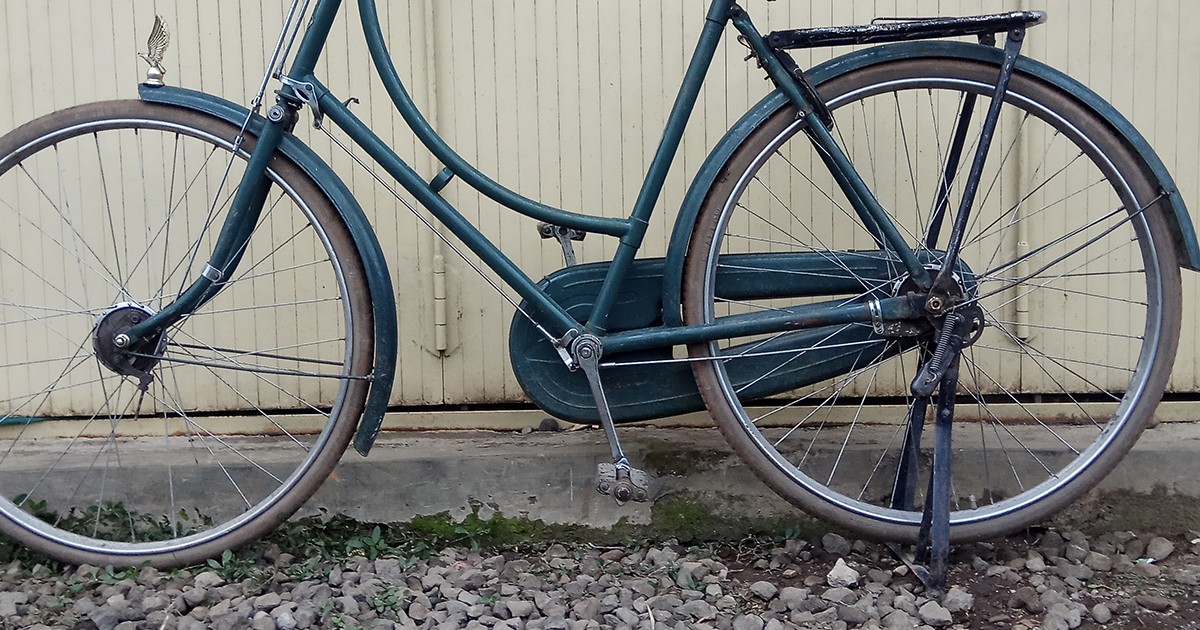
By Lenore Balliro
Drowning
He wore the scapular everywhere, even swimming out to the raft at summer camp. It flapped over his bony shoulders, the wet wool heavy against his pale skin. His mother insisted. She didn’t want him to end up like Scotty F., who drowned at age seventeen in Lake Nipmuc. We heard that Scotty drank a frappé from Millie Mitchell’s and went back in to swim too soon. He threw up in the water, then he sank. Maybe he had fried clams, too, but no one mentioned this. The mothers all gathered at the end of my driveway, hands clutched at their throats. The night Scotty died, his little sister slept in my bed so her parents could have time alone. She smelled like venison, I couldn’t sleep. I kept wondering about Scotty in the water. Was he wearing his glasses? The vomit floating on the lake’s surface—was it pink, from strawberry? Brown, from chocolate? Or white, from vanilla? I was afraid to ask anyone.
Mrs. G.
Once there was an old woman who died in a garage. She lifted up the heavy door and bam, fell onto a cement floor stained with oil drips and other leaking lubricants, mechanical products. A girl riding her bicycle—braids flying, legs pumping her blue English Raleigh, so happy in the October chill, returning from her first kiss, Bobby Plunkett down the street, the girl heard the incessant barking of the neighborhood collie who herded everyone and kept them informed of unimaginable dangers, the dog barking outside the garage door. The girl stopped at the end of the driveway, two doors from her own house, a little ranch house like all the others, she pulled down the kickstand carefully and set her bike aside and stepped into the garage and saw the dead woman, harlequin glasses askew on her sweet face, translucent skin, and thought at first it was a dummy, like the ones they made talk on TV, then she saw it was Mrs. G. and she ran home up her own driveway and over and over told me what she saw, and at night we held the saints’ cards close to our flat chests and asked for forgiveness.